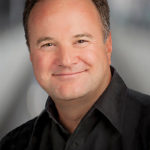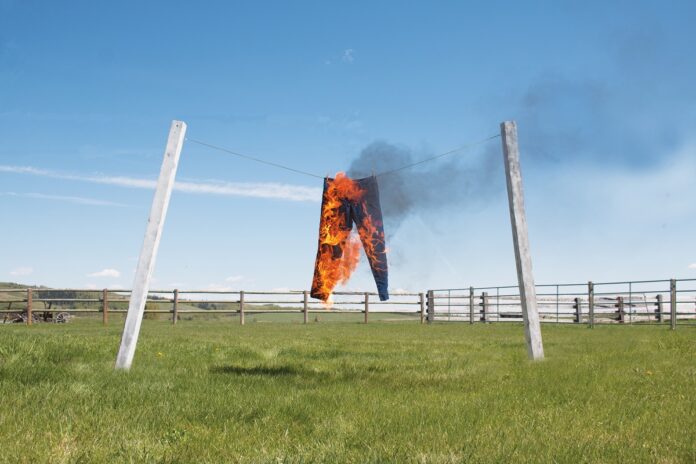The election is finally over, although the results remained long disputed due to Donald Trump’s insistence he won—despite all evidence to the contrary. And, sadly, too many people in the United States no longer are able to distinguish between the truth and a pack of lies.
“A lie repeated often enough becomes accepted truth.”
The axiom has been attributed to Vladimir Lenin, Joseph Goebbels, and Adolph Hitler…and it has been the backbone of the Trump presidency. Trump has lied to us about big things. He has lied to us about small things. He has lied to us about almost everything. But why?
“Lying is so easy compared to other ways of gaining power,” Sissela Bok, a Harvard University ethicist, said. “It’s much easier to lie in order to get somebody’s money or wealth than to hit them over the head or rob a bank.”
Trump’s legacy of lying will have lasting effects on the country. As George Packer wrote in The Atlantic, Trump’s most destructive action was not his dismantling of environmental protection laws or imprisonment of children at the border or even denial and ridicule of the coronavirus pandemic that has killed hundreds of thousands of Americans. His most destructive action was making more than 25,000 false or misleading statements that were super-spread by the media and contaminated the minds of tens of millions of people. “Trump’s lies will linger for years, poisoning the atmosphere like radioactive dust,” Packer wrote.
Presidents—in fact, all politicians—may lie routinely, but Trump’s mendacity has been different, according to Packer. Trump’s lies are assaults against reality itself, “dissolving the very distinction between truth and falsehood.”
In time, history will record Trump as a serial liar and conman. Psychologists will write volumes about his utter disregard for the truth and the public’s willingness, in some cases even eagerness, to accept each fabrication as fact.
His primary rules were: never allow the public to cool off; never admit a fault or wrong; never concede that there may be some good in your enemy; never leave room for alternatives; never accept blame; concentrate on one enemy at a time and blame him for everything that goes wrong; people will believe a big lie sooner than a little one; and if you repeat it frequently enough people will sooner or later believe it.
While the above may seem a fitting description of Trump’s credo, the passage from a 281-page report Walter C. Langer wrote for the Office of Strategic Services (precursor to the Central Intelligence Agency) in 1943, describes Hitler.
A comparison between the two men seems apt.
Dan Kahan, a professor of law and psychology at Yale University who studies perceptions about climate change, wrote people’s opinions are not based on facts but are “an expression of their cultural identities.”
People’s predilection to selectively believe things that support their sense of identity is evident in America’s response to the pandemic. While scientists tell us to social distance and wear masks based on evidence the precautions will lower virus transmission, many people deny the cold, hard facts due to their political beliefs or a misguided sense of maintaining “Constitutional liberties.”
Part of the problem is there are no consequences for telling lies at a grand level, unless one believes Trump’s failure to win a second presidential term is a consequence of his actions.
As a marketing and advertising professional, I know there are real consequences for companies that lie. For decades, the makers of Listerine advertised their product could help cure colds by killing millions of “cold germs.” In 1971, the Federal Trade Commission (FTC) ordered the company not only to cease making the claims, but also to spend $10 million in advertising to correct the falsehoods.
Another FTC action accused an advertising agency of pitching diet products with a host of misleading claims. The agency paid $2 million in fines.
Skechers claimed its Shape-Up shoes would help purchasers “get in shape without setting foot in a gym.” The company paid a penalty for that falsehood to the tune of $40 million in consumer refunds.
Airborne claimed its “unique natural formula of seven herbal extracts, antioxidants, electrolytes, and amino acids offers guaranteed cold-fighting protection.” That lie cost the company $30 million.
Kellogg’s boasted, “Kids who had a filling breakfast of Frosted Mini-Wheats cereal improved their attentiveness by nearly 20 percent.” Truth be told, sugarcoated cereal does not make a kid sit still in class. $4 million fine.
Volkswagen infamously used an advertising campaign to promote its supposedly “Clean Diesel” vehicles. Oops! They lied. $15 billion in fines.
Uber inflated potential hourly earnings for drivers in its online advertisements. $20 million penalty.
The list goes on. Companies and their advertising agencies are held to a standard of truth. Why are American politicians and the media not subject to the same rules?
Susan Goldberg, editor in chief at National Geographic, said the problem with conflating truth with lies is getting worse. Many lies are inconsequential, but “there is nothing low-stakes about the lying that’s going on these days—the official sources of lies, the audacity of lies, the volume of lies, and the ability of lies to proliferate instantly, globally, across multiple channels.”
In his 1925 autobiographical manifesto Mein Kampf, Hitler coined the expression “the big lie” to describe a falsehood so colossal no one would believe someone could have made it up. That manipulative technique worked for Hitler then and, to our great dismay and despair, it still works today.
 Randall Huft is president and creative director at Innovation Agency, an advertising, branding, and public relations firm specializing in the cannabis industry. While working with blue-chip companies including AT&T, United Airlines, IBM, Walgreens, American Express, Toyota, and Disney, he discovered what works, what doesn’t, and how to gain market share.
Randall Huft is president and creative director at Innovation Agency, an advertising, branding, and public relations firm specializing in the cannabis industry. While working with blue-chip companies including AT&T, United Airlines, IBM, Walgreens, American Express, Toyota, and Disney, he discovered what works, what doesn’t, and how to gain market share.


